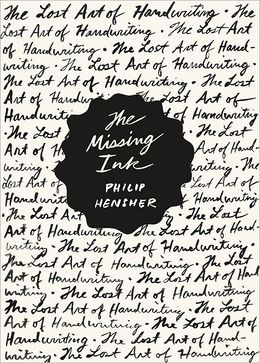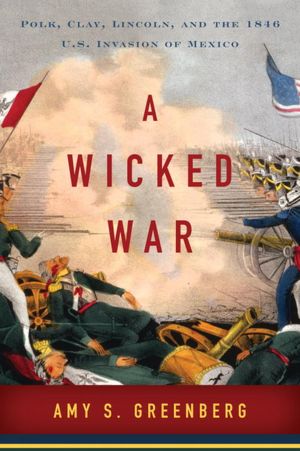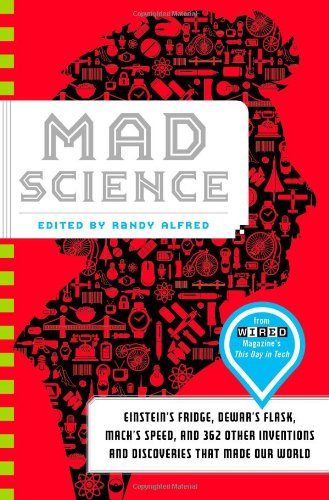-

The Missing Ink: The Lost Art of Handwriting
by Philip Hensher

The Nutshell:
British novelist Hensher melds memoir and meditation, interviews and history to find out if the art of putting pen, pencil, or quill to paper is indeed dead.
Literary Lovechild Of:
David L. Ulin’s The Lost Art of Reading: Why Books Matter in a Distracted Time and Thomas Mallon’s Yours Ever: People and Their Letters.
You'll Find It On Your Bookshelf If:
You broke up with someone for dotting his i’s with hearts.
Cocktail Party Fodder:
Bad handwriting cost American businesses $200 million in 1994, thanks to problems like unreadable letters that couldn’t be delivered and rolls of films that couldn’t be returned.
For Optimal Benefit:
Fill the margins of this book with your worst chicken-scratch.
Snap Judgment:
Hensher’s rapture with all things writ by hand may not be shared by less ardent nostalgists, but it’s lovely to be reminded of the joy of chewing the top off a Bic pen and the delight of perfecting one’s signature.
-

A Wicked War: Polk, Clay, Lincoln, and the 1846 U.S. Invasion of Mexico
by Amy S. Greenberg

The Nutshell:
In Ulysses S. Grant’s opinion, the U.S.-Mexican War was the most wicked conflict ever waged by America. Despite widespread support at its outset—even from the likes of Walt Whitman—it later galvanized the nation’s largest anti-war movement. Penn State historian Greenberg tells the little-known story of how the war changed the paths of Henry Clay and Abraham Lincoln as well as a few less famous political figures—and how it defined James Polk’s presidency.
Literary Lovechild Of:
Doris Kearns Goodwin’s Team of Rivals: The Political Genius of Abraham Lincoln and Joel H. Silby’s Storm over Texas: The Annexation Controversy and the Road to Civil War.
You'll Find It On Your Bookshelf If:
You were underwhelmed by your visit to the Alamo yet wanted to learn more about how Texas became part of the U.S.
Cocktail Party Fodder:
The U.S.-Mexican War had the highest desertion rate of any American war, over 8 percent, and the highest casualty rate, over 10 percent.
For Optimal Benefit:
Read before launching war of choice.
Snap Judgment:
Greenberg writes taut political history, full of chapter-ending cliffhangers and characters who feel like real people.
-

Mad Science: Einstein’s Fridge, Dewar’s Flask, Mach’s Speed, and 362 Other Inventions and Discoveries that Made Our World
Edited by Randy Alfred

The Nutshell:
This geeky almanac offers one important, fun, surprising, or just plain silly story of a scientific milestone each day—a Wired blog-turned-book.
Literary Lovechild Of:
Your chemistry teacher’s favorite page-a-day calendar and 5,000 Awesome Facts (About Everything!).
You'll Find It On Your Bookshelf If:
Your mastery of Trivial Pursuit has impelled your family to blacklist you.
Cocktail Party Fodder:
The parking meter was born in Oklahoma City in 1935; 5 cents got you between 15 minutes and an hour’s worth of parking (that’s 84 cents in today’s money).
For Optimal Benefit:
With each entry limited to a page, two words: bathroom reading.
Snap Judgment:
Anyone science- and technology-obsessed enough to buy this book probably could read the blog instead. (Then again, the Wi-Fi signal by your toilet may be weak.)



